However, the policy system being developed for the revised Law on Higher Education is not only aimed at overcoming existing bottlenecks, but also at creating a strategic institutional turning point. The law is a concrete step to institutionalize major policies of the Party and State expressed in many documents, most recently Resolution 57-NQ/TW in 2024.
First of all, the major orientation of the policy is to transform the role of the State from management to development creation. The State will focus on strategic planning, setting standards, monitoring quality and promoting openness and transparency; at the same time, expanding the substantive autonomy of higher education institutions in terms of academics, organization, finance and personnel. The advanced university governance model will be redesigned in a modern, democratic and professional direction, ensuring the participation of many stakeholders and enhancing accountability to society. Governance is not only an internal operation, but also a strategic tool to position the mission, allocate resources effectively and connect the school with learners, businesses and the community.
A key policy in this revision is to modernize training programs and methods, shaping a flexible, open and personalized higher education model, suitable for the context of digital transformation and lifelong learning. The law is expected to establish a legal framework for digital higher education, allowing online, blended, modular and open credit training; recognizing learning outcomes from non-centralized forms if they meet output standards, creating conditions for connection and accumulation according to individual pathways.
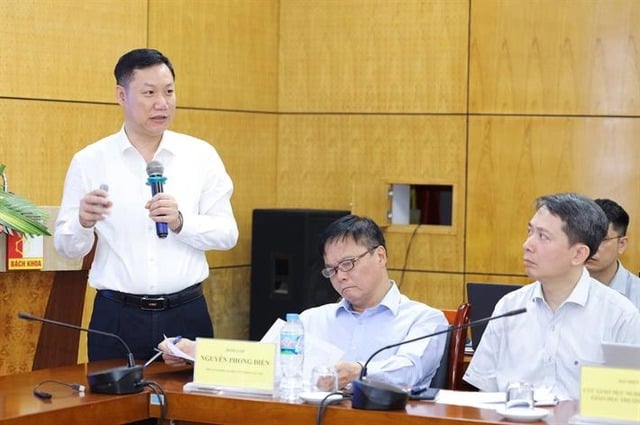
Mr. Nguyen Tien Thao presented the explanation of the policy standardization of the revised Law on Higher Education.
PHOTO: TRAN HIEP
Along with institutional reform and financial mechanism innovation, the policy on developing the team of lecturers and scientists is identified as the core foundation for the quality of higher education. The policy will establish a flexible legal framework for types of lecturers such as permanent, guest lecturers, and co-permanent lecturers, in accordance with their capacity and actual level of contribution.
Along with the innovation of management and training organization models, policies on quality assurance and management of higher education will also be comprehensively reformed. Management thinking will shift strongly from administrative control to quality management based on output results, linked to quality standards. Internal quality management will become a mandatory requirement for all higher education institutions, gradually replacing the formal and ineffective inspection and examination model.
Source: https://thanhnien.vn/sua-doi-luat-giao-duc-dh-tu-quan-ly-sang-kien-tao-phat-trien-18525051422484423.htm


![[Photo] Prime Minister Pham Minh Chinh receives Country Director of the World Bank Regional Office for Vietnam, Laos, Cambodia](https://vphoto.vietnam.vn/thumb/1200x675/vietnam/resource/IMAGE/2025/5/15/2c7898852fa74a67a7d39e601e287d48)
![[Photo] In May, lotus flowers bloom in President Ho Chi Minh's hometown](https://vphoto.vietnam.vn/thumb/1200x675/vietnam/resource/IMAGE/2025/5/15/aed19c8fa5ef410ea0099d9ecf34d2ad)
![[Photo] President Luong Cuong attends the National Ceremony to honor Uncle Ho's Good Children](https://vphoto.vietnam.vn/thumb/1200x675/vietnam/resource/IMAGE/2025/5/15/9defa1e6e3e743f59a79f667b0b6b3db)



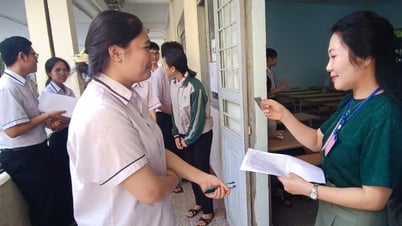




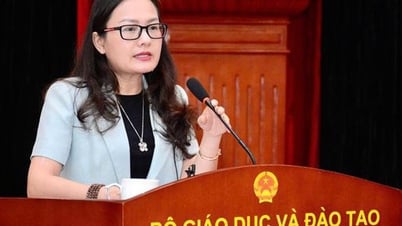











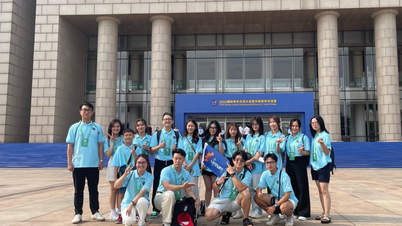
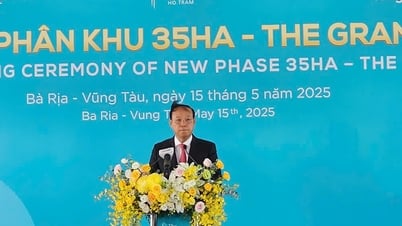






































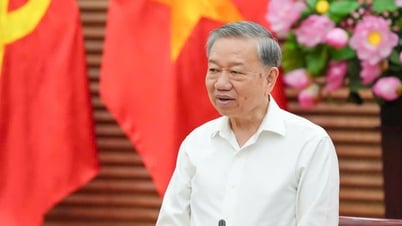

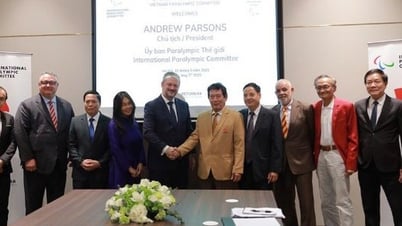
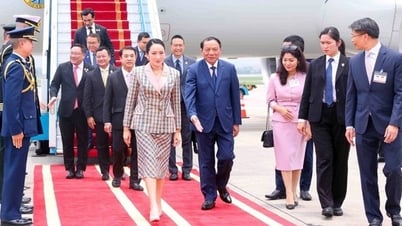

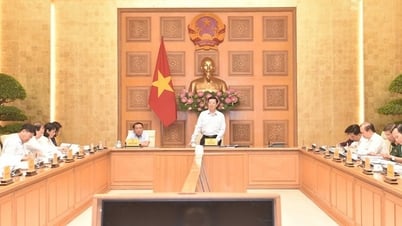


















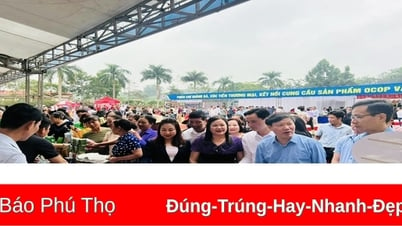



Comment (0)